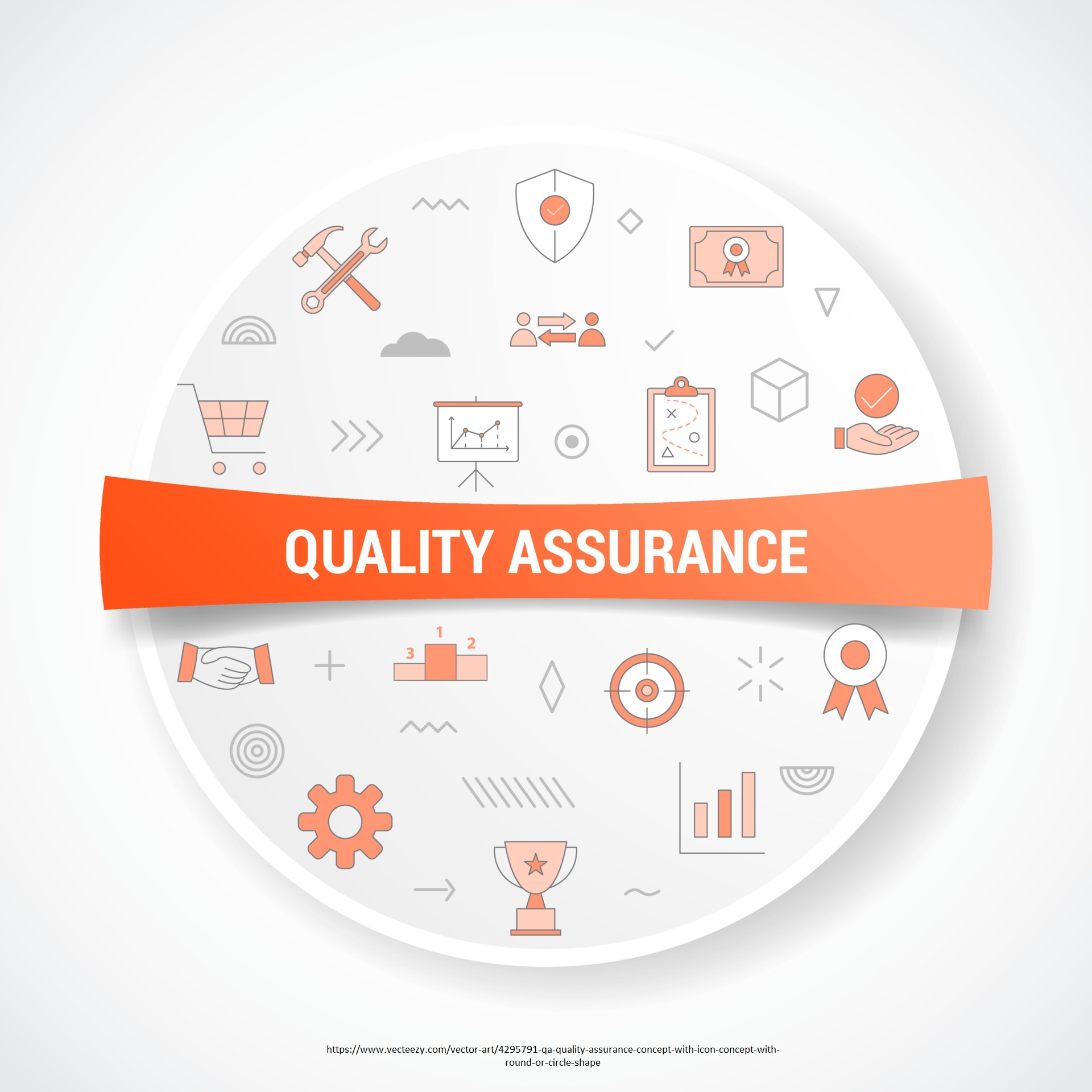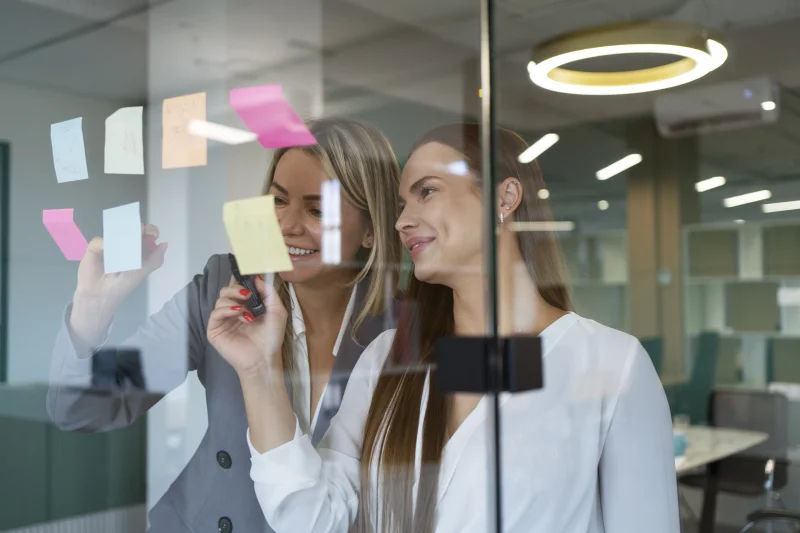Interview Testing Conversations #6 – Ken Talbot – Test Lead
17 Apr, 20233 minutesINTROWe’re thrilled to be sitting down with Ken Talbot who is one of the most knowledg...

INTRO
We’re thrilled to be sitting down with Ken Talbot who is one of the most knowledgeable and experienced individuals in the software testing industry today and has made significant contributions to the field through work, research, and thought leadership.
We placed Ken within one our regular clients’ in MoneySuperMarket back in May and from there he’s go on to do some brilliant things. Before that, we’ve always talked about current market trends in the testing sector, so I’m thrilled he agreed to sit down and share his perspective!
How did you get into testing?
Kind of by accident? I worked in a call centre and had no real desire for any kind of consistent career. Then a close friend of mine - who worked at the same company as a tester - suggested I go for the junior QA position.
I had no qualifications, no experience, no certifications. However, I did have a deep knowledge of the Unix-based booking system used by our suppliers.
From the strength of this I was placed in a trial position with another person, with the eventual plan to make one of us a fully-fledged tester. Needless to say, I managed it, and the rest is history.
Advice for Testers new to the industry?
You don’t need to be technically proficient…but it helps. Over the years I’ve interviewed, hired and worked with people who (like me) had no prior experience in tech. What they do have is an enthusiasm for using and exploring software and understanding what makes the clock tick.
Read about popular tools and testing models. Try to learn how to code on a basic level in any language you wish. Think passed the UI and through each application layer. If you do any of this, you are already a modern software tester with a great future.
What tech are you using at the moment?
The applications in my organisation employ the following frameworks and tools:
- VueJS
- Java w/Spring
- AWS (numerous services)
- Docker & Kubernetes
- Helm & ArgoCD
- Google Analytics
- Datadog
The following toolset is employed to help the testing of these applications:
- Testcafe
- Karate
- Jest
- Junit w/Wiremock & Mockito
- K6
Any predictions on future tech or where you can see it going?
Small and mid-scale organisations will push further into cloud, offloading compute power and scaling. Everyone will continue to explore AI and algorithmic learning but it’s gonna be a long time before we do anything game changing with it in the eCommerce/Fintech space.
The biggest focus will always be on data. We are always looking for ways to utilise the masses of consumer data we ingest on a second-by-second basis. Whether creating seamless customer journeys in retail or predicting industry trends, data is still king.
Any further things you’d like to add?
1. Certifications don’t really matter. If a role requires certifications, that could mean the following:
They don’t have the enthusiasm or capacity to teach you relevant skills in-role
They have unrealistic/incorrect expectations of what your role should be
2. Don’t use testing as a way to get into dev. The roles can be - and sometimes are - interchangeable, but testing is a career-spanning specialism. Speaking purely from a QA perspective, It’s far more effective to be a tester with some dev skills, than a dev with some testing knowledge.
3. Automation ISNT everything. First and foremost is exploration of our applications with human interpretation, then comes the planning and building of automation tests to add a layer of confidence to the things we build and release.
4. Accessibility and Security the two most important and most overlooked aspects of software development. Testers should be enthusiastic about these subjects.




